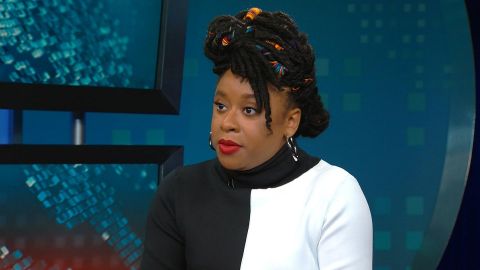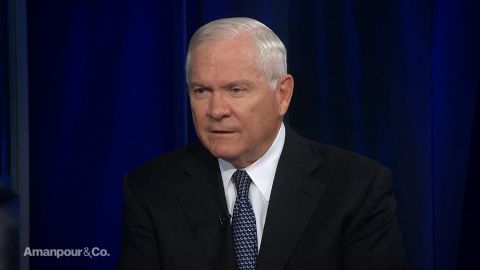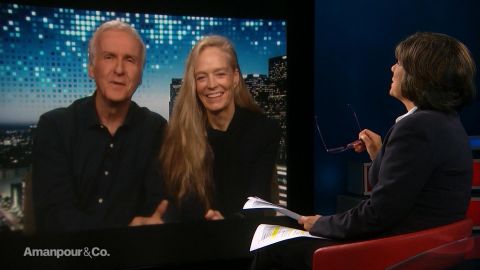Read Transcript EXPAND
CHRISTIANE AMANPOUR: So, what do you make of Saudi Arabia’s explanation in public for what happened to Jamal Khashoggi?
ROBERT GATES: Well, I find the story that they’ve told to not be credible. Just looking at the photographs of Mr. Khashoggi, he doesn’t appear to be the kind of person who would engage in a fistfight much less with 15 people. So, I don’t think that anyone finds the story credible. I think that holds true of the president himself.
But I think the challenge that we face, and maybe I’m getting ahead of ourselves here, But I think the challenge is how do we thread the needle in terms of protecting our interests in the Middle East and at the same time, standing up for the values that we have as a country.
And I think that the administration could do worse than to go back and study carefully what the first President Bush did after the massacre at
Tiananmen Square in Beijing in 1989. He was the first head of state to impose sanctions on the Chinese government to show how much we disapproved of what they had done.
But at the same time, sent emissaries to the government, then Deputy Secretary of State Larry Eagleburger and National Security Adviser Brent
Scowcroft to talk to the leadership in Beijing, tell them why we were doing what we were doing, why we had to do what we were doing, but that we wanted to keep the strategic relationship still on track.
AMANPOUR: But is that really threading the needle or is that trying to have your cake and eat it too? I mean, in order words, how much punishment or opprobrium or sanctions did Beijing get? Just words?
GATES: No, they were actual sanctions that were — but I mean, it wasn’t just disapproval or a tisk-tisk, it was actual sanctions that were imposed.
AMANPOUR: That was a massive, game-changing massacre there in Tiananmen Square and the aftereffects have lasted practically until this day in one form or another. And of course, China was an opponent of an adversary or competitor even more so then than today. Saudi Arabia is meant to be an ally. The first and foremost question, I suppose, is, you know, Jamal Khashoggi was a journalist. He wasn’t an operative mounting demonstrations or weapons or anything against the Saudi government. He was employed as a columnist by an American newspaper. He was a resident, thanks to the immigration service of the United States. He was able to live in the United States. There’s a lot tying Jamal Khashoggi to the United States.
So, what should President Trump do in terms of defending that human rights case, that, you know, habeas corpus case, that sort of moral case right there?
About This Episode EXPAND
TBD
LEARN MORE


